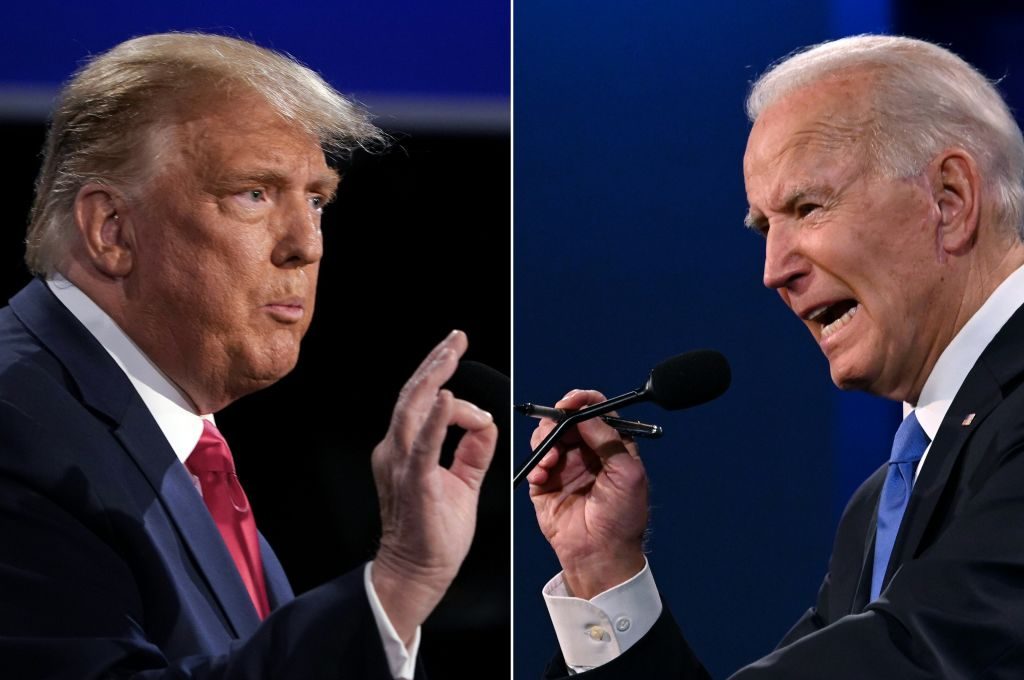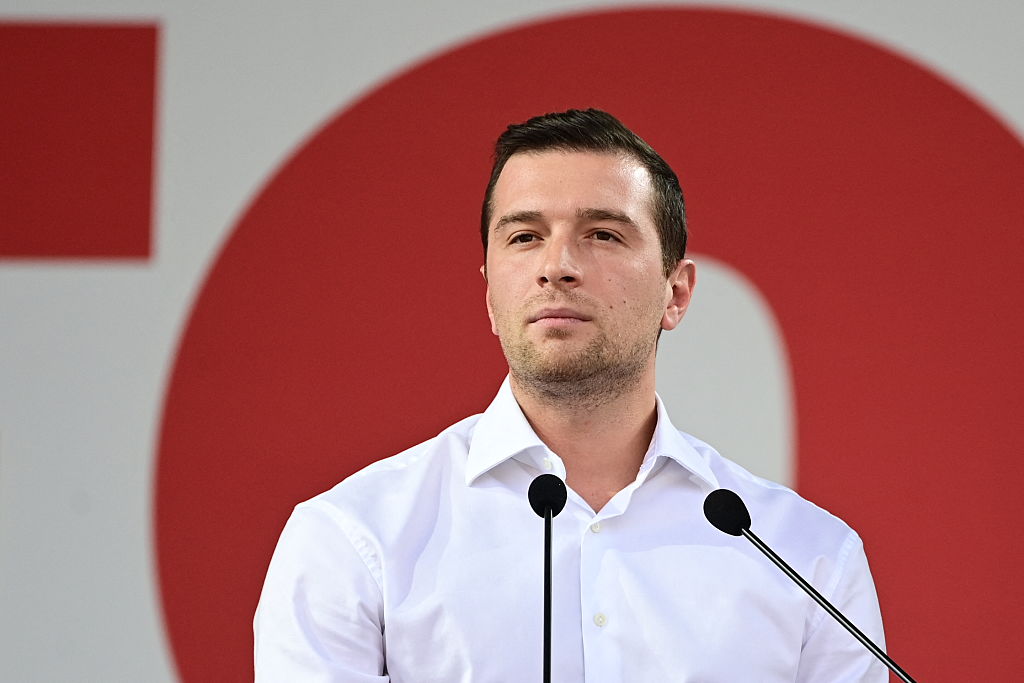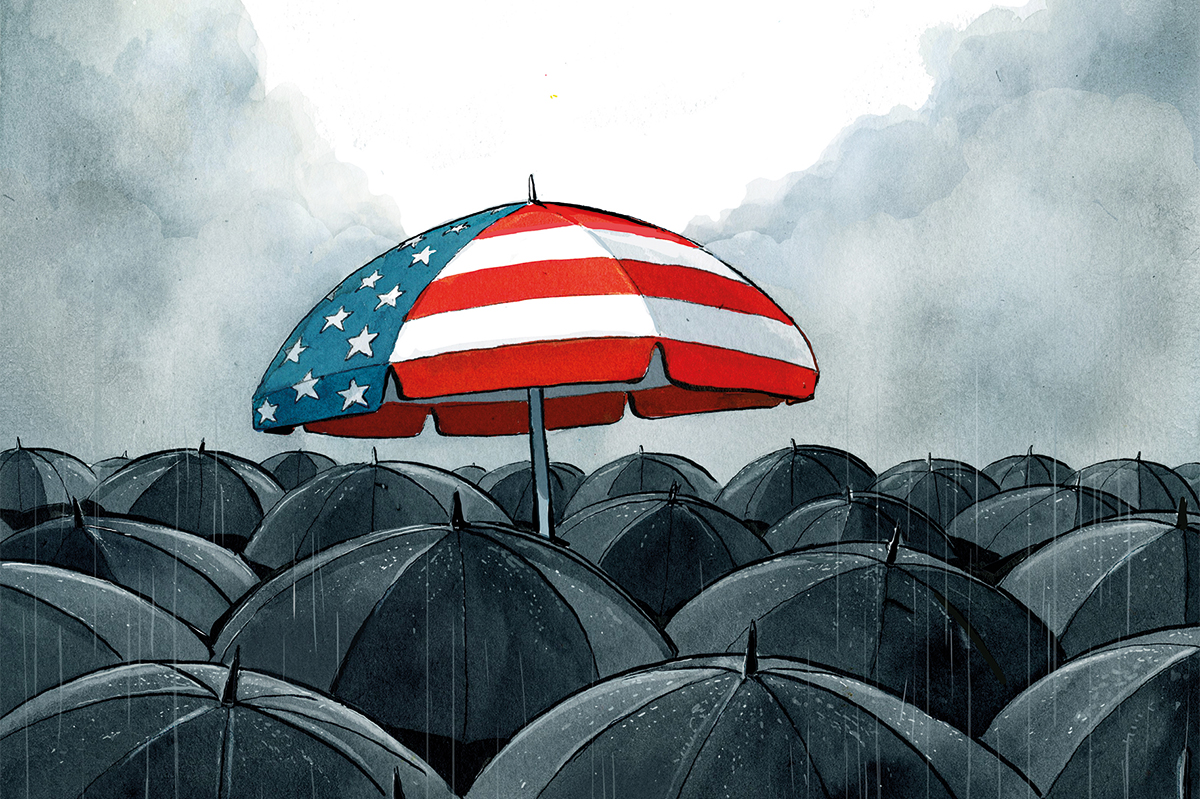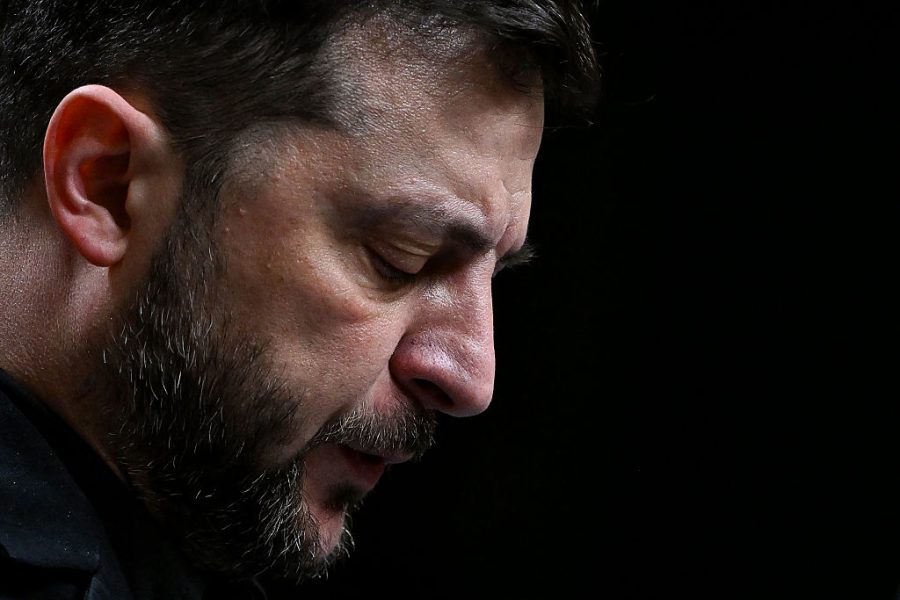Donald Trump’s long march through the Republican primaries leaves little doubt about the inevitability of a Biden-Trump rematch in November — court cases and old age notwithstanding, of course. Unlike previous contests, foreign policy looks set to be at top of mind for many voters.
Which, if you’re a Biden supporter, isn’t great news. In a recent AP poll, four in ten American adults named foreign policy as issues the government should work on in 2024. The president’s decisions abroad broadcast weakness, lack of direction and myopia, traits that have come to define his first term. The deadly and chaotic withdrawal from Afghanistan was only a sign of things to come, as more conflicts and crises sprang up around the world. At home, the administration appears ill-equipped to contend with them.
This opens the question of who’s actually running the show — the impulsive eighty-one-year-old president whose schedule is usually limited to half-days to preserve his mental faculties (with weekends in Delaware, of course) or a combination of staff and former Obama administration officials. As David J. Garrow writes, President Jake Sullivan appears to be the one calling the shots. It’s likely a combination of both Biden and his staff, which is how we get the muddle we find ourselves in, with no coherent strategy.
After the Afghanistan debacle, which sent Biden’s approval rating plummeting, the Ukraine conflict swiftly became a prominent global issue: one which may have been of the administration’s own making, as Biden allegedly pressured the Ukrainians not to deal with Russia. While the commitment to backing Ukraine is noble, the government has lost the plot when it comes to actually funding their aims. The administration’s inability to articulate US goals in Ukraine and define success has put it at odds with Republicans in Congress, who would rather focus attention, and dollars, to our southern border. Biden’s refusal to cut a border deal in exchange for Ukraine funding shows a leader asleep at the wheel.
The president has also shown a reluctance to act on illegal immigration writ large — where foreign policy problems in our sphere of influence become domestic ones. His administration’s inertia is causing major problems for his party in New York, Chicago and other major Democratic strongholds, as immigrants pour into places that aren’t equipped to deal with them. This is turning into a larger crisis: in some cases, cities have had to shut down schools and community centers to house the incoming immigrants. Biden has responded with the reactions you’d expect of an octogenarian. The dispute has even spilled into conflict between the Texas National Guard and Federal Border Patrol agents, as Roger Kimball details.
While thus far Biden has been a steadfast supporter of Israel in its war on Hamas, the cracks are beginning to show. In January, two women wearing hijabs were barred from a Biden event — take a guess why. As the protests from the left wing of his base become louder, it makes his reelection that much harder — he risks a major part of his voting bloc staying home come November 5. The strain will likely only get worse as the year goes on. The DNC and Biden campaign should be contemplating their convention in August, which appropriately (or prophetically) is taking place in Chicago. If they’re not worried about a repeat of 1968, they should be.
Activists working inside the State Department also aren’t happy. One report even has some pro-Palestine wonks there conducting one-day hunger strikes (we call that intermittent fasting these days) in protest. As this edition goes to press, news is trickling out that the State Department is considering plans to officially recognize the Palestinian state. This is a marked departure from US policy and shows how a small but extremely vocal minority of left-wing activists is having an impact on policy.
As the conflict in Israel spills over into the Red Sea and surrounding territories, the administration’s fecklessness becomes even clearer. They don’t seem to know what to do other than lob cruise missiles from afar, which Biden himself admits isn’t having much of an impact — though he was quick to mention the bombings would continue regardless. Even after three US service members were killed in Syria by an Iranian-backed militia, there’s been near silence from the administration. That hardly inspires confidence in the present leadership.
Biden’s decision-making is making America weaker on the world stage. But would a second Trump term be all that much better? As Ben Domenech explores, where Trump 1.0 was a relatively stable ride on the world stage, Trump 2.0 could make for a bumpy one. With the former president continually threatening to leave NATO and a stable of potential future staffers chomping at the bit to get started, he threatens to make the world, and the West, less safe — leaving the US and our allies even frailer than after four years of Biden. An ailing alliance in the West may mean many smaller countries, and even some NATO members, look for safety in the arms of China or Russia. Does anyone think that if those adversarial powers stepped into the void, it would augur a bright future for America?
This article was originally published in The Spectator’s March 2024 World edition.


























Leave a Reply